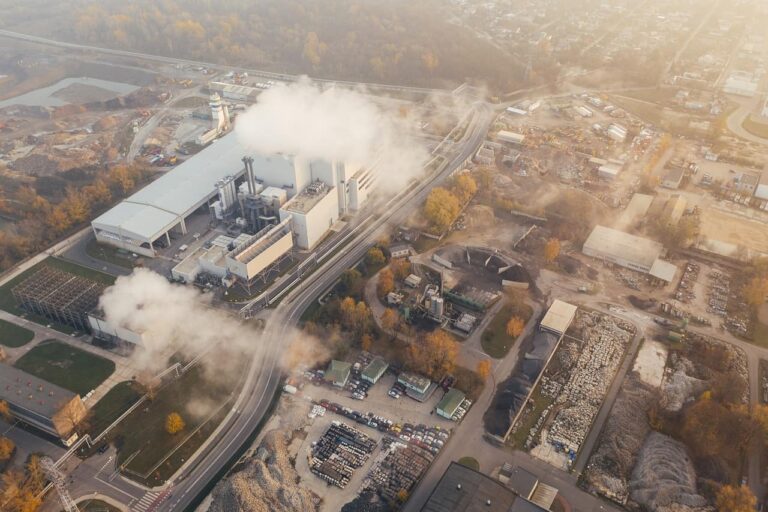The Earth’s atmosphere, much like a greenhouse, plays a critical role in regulating the planet’s temperature, which is crucial for sustaining life. This process, known as the greenhouse effect, begins with the sun’s rays heating the Earth’s surface.
During the day, the Earth absorbs solar energy, warming its atmosphere. As night falls, the Earth’s surface cools, releasing heat back into the atmosphere. This is where greenhouse gases come into play, trapping some of this heat and preventing it from escaping into space. This natural phenomenon is essential for maintaining a habitable climate, making life on Earth possible.
However, the delicate balance of this system is being disrupted. Increasing levels of greenhouse gases, primarily due to human activities, are enhancing the natural greenhouse effect. This amplification is causing a significant rise in Earth’s temperature, leading to a variety of severe environmental impacts.
Table of Contents
The causes of the greenhouse effect
The greenhouse effect, a natural process essential for life on Earth, has been significantly amplified by human activities. This amplification is primarily caused by the following factors:
- Burning of fossil fuels
Fossil fuels, crucial for transportation and electricity generation, release carbon dioxide when burned. With the rise of the global population, fossil fuel usage has surged, leading to increased greenhouse gas emissions.
- Deforestation
Plants and trees play a key role in absorbing carbon dioxide and releasing oxygen. The widespread cutting down of trees has led to a marked rise in greenhouse gases, exacerbating global warming.
- Agricultural practices
Farming activities contribute to the greenhouse effect, particularly through the use of nitrous oxide in fertilizers.
- Industrial waste and pollution
Factories and industries emit harmful gases, which add to the atmospheric concentration of greenhouse gases.
- Landfills
The decomposition of waste in landfills generates carbon dioxide and methane, both potent greenhouse gases.
These human-driven activities have disrupted the natural balance of the greenhouse effect, leading to a warmer Earth.
The effects of greenhouse effect
The increased concentration of greenhouse gases in the Earth’s atmosphere has led to several significant environmental impacts:
- Global warming
A gradual rise in the Earth’s average temperature is the most prominent effect of enhanced greenhouse gases. This increase is driven by emissions from burning fossil fuels, vehicle exhaust, industrial emissions, and other human activities, leading to higher levels of carbon dioxide and methane.
- Depletion of the ozone layer
The ozone layer, located in the stratosphere, protects the Earth from harmful ultraviolet rays. Accumulation of greenhouse gases, including chlorofluorocarbons, carbon dioxide, and methane, contributes to the depletion of this layer, allowing more UV rays to reach the Earth. This can lead to increased skin cancer rates and significant climatic changes.
- Smog and air pollution
Smog is a combination of fog and smoke. It is exacerbated by increased greenhouse gases. The primary causes of smog are automobile and industrial emissions, agricultural and forest fires, and chemical reactions among these pollutants. Smog significantly affects air quality and human health.
- Acidification of water bodies
Elevated greenhouse gas levels lead to the acidification of rain, which in turn acidifies rivers, lakes, and oceans. This phenomenon is detrimental to aquatic life and ecosystems and is exacerbated by pollutants carried by acid rain into water bodies.
These effects of the greenhouse effect highlight the urgency of addressing climate change through reducing greenhouse gas emissions and implementing sustainable practices.
The implications for planet Earth
In simpler terms, an uncontrolled increase in the greenhouse effect could raise Earth’s temperature to levels unsustainable for life.
Such a scenario underscores the importance of managing greenhouse gas emissions to prevent a runaway greenhouse effect that could drastically alter our planet’s climate and habitability.
Read also: Greenhouse gas emissions, 7 practical steps to help reduce them












